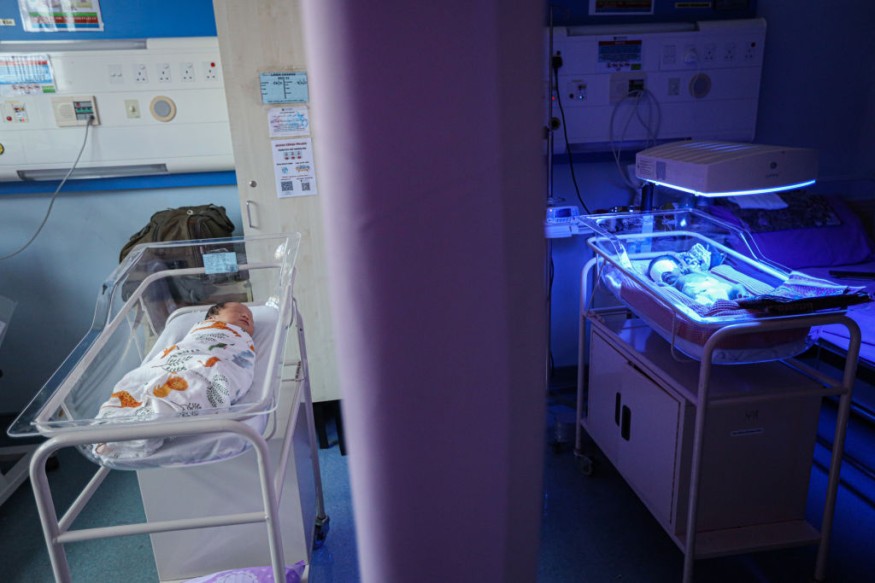Weight loss has been seen as a non-essential factor when it comes to improving fertility and quality of pregnancy outcomes among obese women, according to a new study. Although obesity has been considered to be a physical impediment to childbirth, it does not affect fertility and pregnancy chances.
The study acknowledged the common medical practice of advising women, who are obese but want to have a baby, to lose weight before getting pregnant. Yet, the new research found there are no fertility benefits gained from weight loss.
The methodology and approach used in the study is a quantitative analysis between two groups of obese women. After the experiment, the results yielded that there is no significant variations in fertility and childbirth between the group who maintained their weight and the ones who lost weight.
Fertility and Pregnancy Chances

The breakthrough study in the field of gynecology was published in the journal PLOS Medicine on January 18, highlighting the misconception that obese women planning childbirth are advised to lose weight or make weight loss-related lifestyle changes prior to getting pregnant.
The study examined if intensive weight loss is better than a stagnant weight among obese women to achieve a healthy pregnancy and childbirth. The research team used this approach to test if women losing weight is a prerequisite to ensuring a healthy birth-which has been instilled for a long time.
Method and Approach
The researchers based their data on a quantitative approach under a random yet controlled experimental study-where 379 women with obesity across the United States participated for 16 weeks. The team divided the participants into two groups: the experimental group and the controlled group.
The experimental group consists of obese women who were only tasked to exercise while still maintaining their weight. On the other hand, the controlled group was asked to conduct an intensive weight loss program, including food diet, medications, and activities that lead to weight loss.
As a result, 23 out of the 188 women from the controlled group and 29 out of the 191 women from the experimental group successfully gave birth. This shows that there is no significance between obesity and weight loss on fertility and pregnancy outcomes, as per Science Daily.
Obesity Before Pregnancy
Women with obesity are often advised by medical practitioners to lose weight prior to pregnancy. However, statistical evidence over recent years showed there has been an increase in pre-pregnancy obesity across the US.
According to the Centers for Disease Control and Prevention (CDC), data from the National Center for Health Statistics (NCHS) published in November 2020 showed that cases of pre-pregnancy obesity in the US had increased from 26.1% in 2016 to 29% in 2019.
The CDC highlighted the increase in pre-pregnancy obesity was evident regardless of ethnic backgrounds such as non-Hispanic black, non-Hispanic whites, and Hispanic women. Furthermore, obesity prior to pregnancy has also increased for women of all ages-with 20 being the youngest.
© 2025 NatureWorldNews.com All rights reserved. Do not reproduce without permission.




